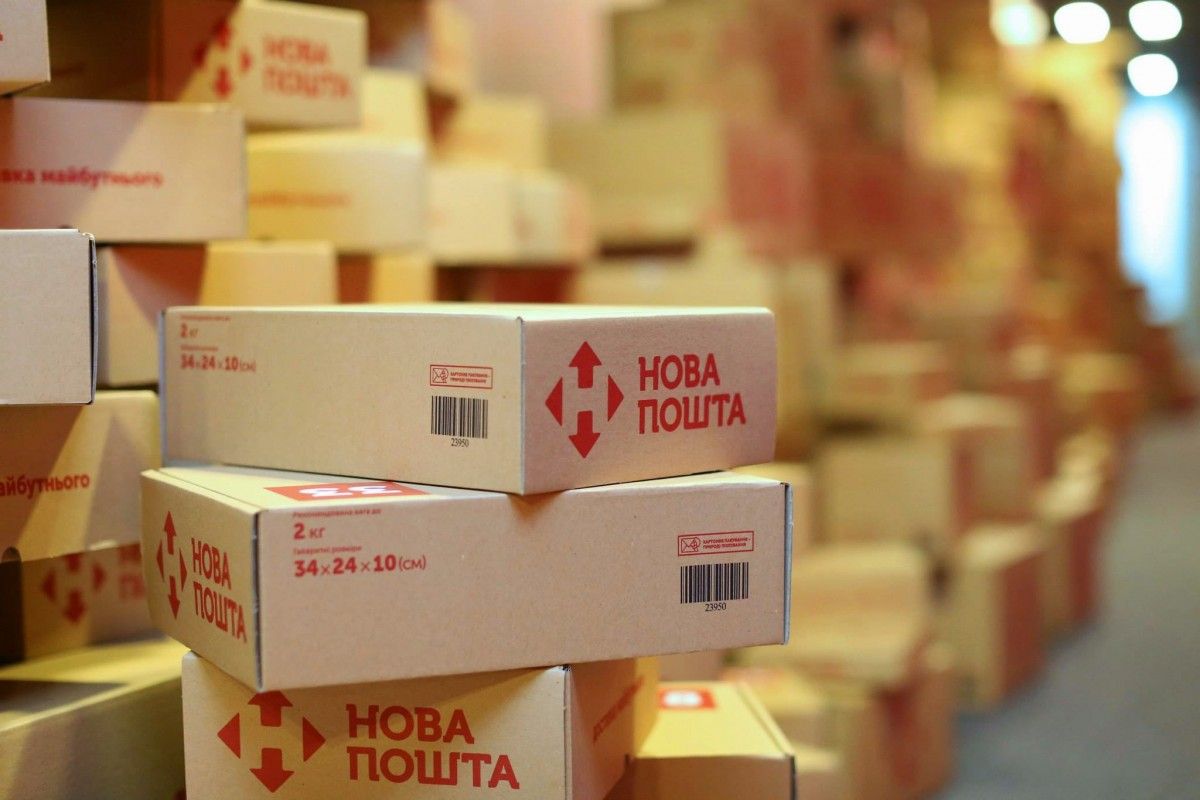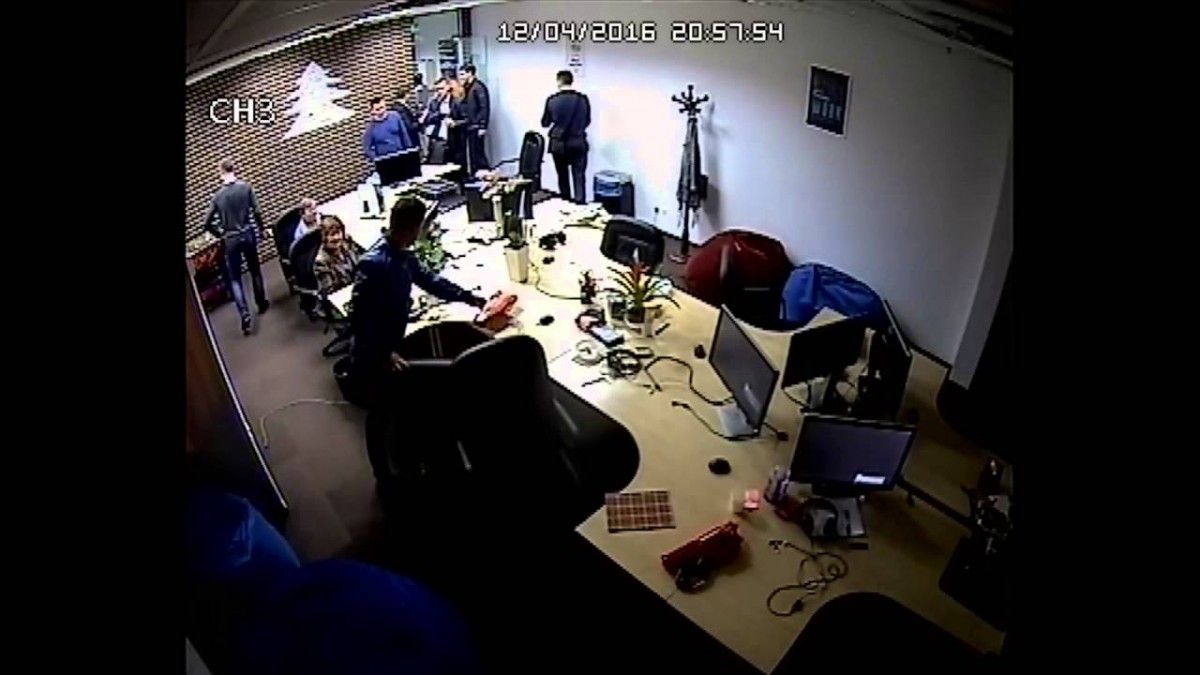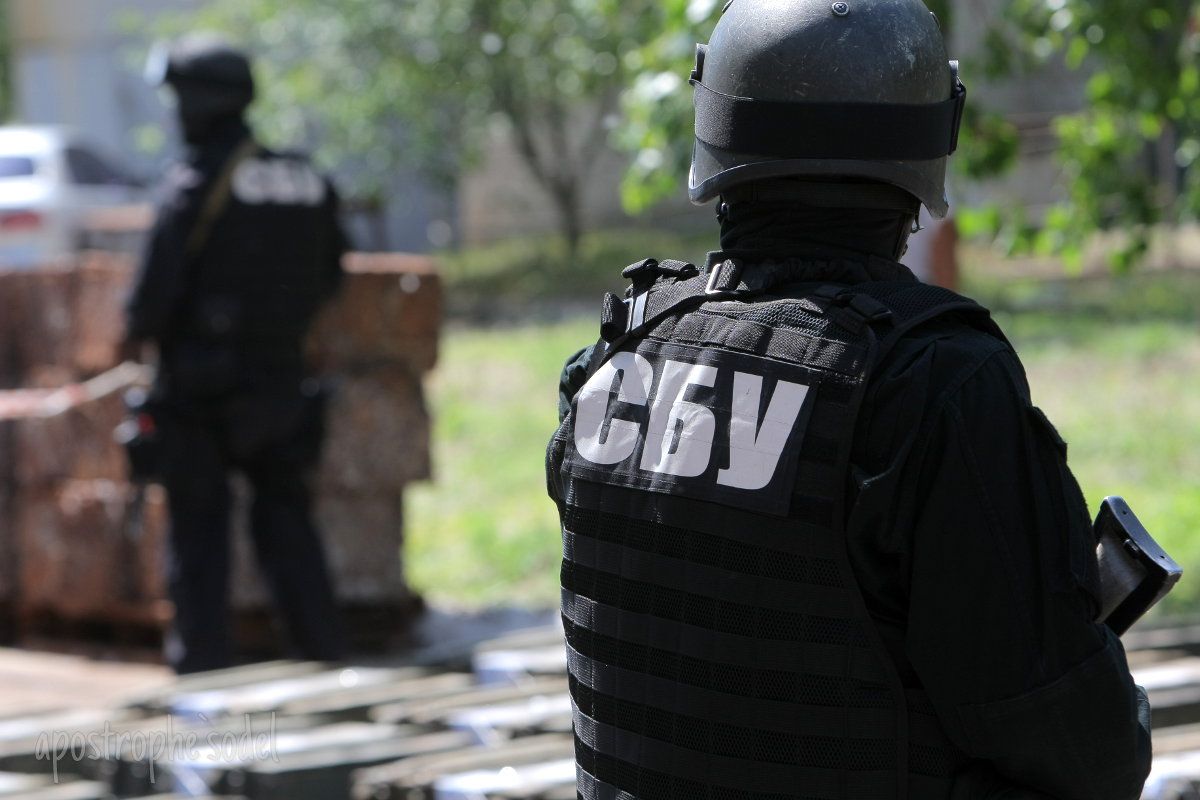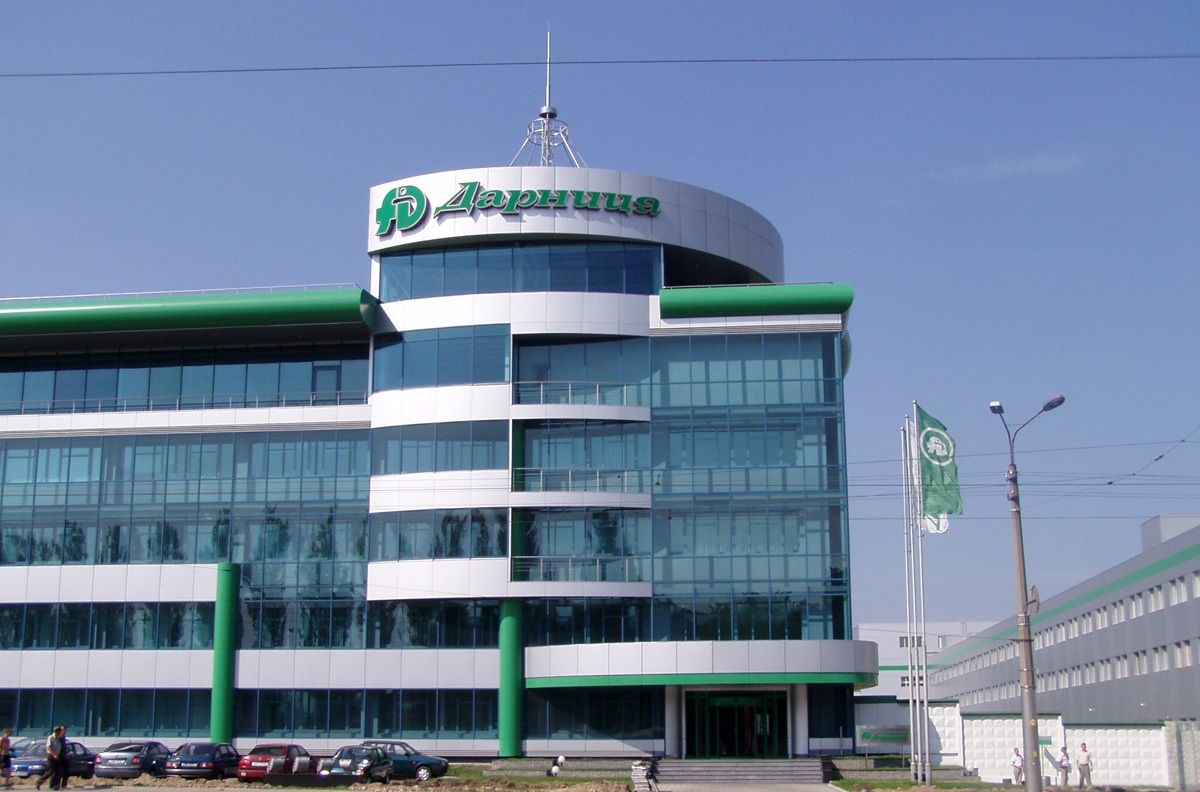
Season of black PR: how Ukrainian companies are killed
Hitting rivals with media blows, covering up raider attacks, banally resorting to extortion – these are common methods of capturing markets and the companies’ revenues in Ukraine. The economic crisis and the war in the east became the additional incentives for speculators and information killers. And the shadow of Ukraine’s northern neighbor is becoming increasingly clear behind them.
Black PR, which is the creation of information waves designed to compromise and destroy someone's reputation, is not uncommon in the national information space. The purpose of these reputational blows is to bring upon the victim (e.g., a company or a businessman) inspections by controlling bodies, provoke a boycott of products of an object of attack, disrupt relations with its partners, etc. In general, it’s about creating uncomfortable or even unbearable conditions for the targets’ operations.
In the context of the war between Russia and Ukraine, a particular tool of black PR has become especially popular, allowing to effectively harm the victims of information warfare: accusations of Ukrainian enterprises of collaboration with the separatists or the Russian aggressor. There are plenty of those who attempt to use patriotism of Ukrainians for their own dark purposes – competitors (in order to press the products or services of the "enemy" off the market), raiders (to destroy and then buy for a pittance some assets or even seize the property of the "Nation’s enemy"), and just racketeers who extort money for stopping to target the victim. The times have long passed when Russian companies were probably the major and most cherished partners for many domestic manufacturers. But after the Russian annexation of Crimea and the war Moscow ignited in Donbas, the absolute majority of Ukrainians consider the northern neighbor the enemy and the occupier. Therefore, any contact or cooperation of our businesses with the aggressor, and even more with armed terrorists in Donbas, is resented by the Ukrainian people as they quite naturally consider it a betrayal of national interests.
In the era of the global development of digital technology and the unprecedented popularity of social networking, where the exchange of information, unverified or even false, ahs become a huge trend, the fraudsters achieve their goals easily. And this has become a really dangerous trend.
To the delight of separatists
The first wave of false accusations against the Ukrainian companies of collaboration with the enemy swept across Ukraine almost immediately after the start of hostilities in Donbas. One of the first targets was Nova Poshta, the all-Ukrainian privately owned postal service. In May-June 2014, the country’s largest private express delivery operator was accused of a terrible sin - deliberate delays in deliveries to the amy in the zone of the Anti-Terrorist Operation and aiding separatists.

The information attack against Nova Poshta began with a seemingly harmless post on social networks in early May claiming that the company delays deliveries of body armor to the Ukrainian east. Just two weeks later, a flow of accusations against Nova Poshta spilled from a page in a social network owned by the Donbas battalion which was being set up at the time.
"The separatists can rejoice, Nova Poshta, although not declaring its support to them, does so in practice – for almost a week, our orders were backshelved and were never shipped," the battalion wrote on Facebook in mid-May 2014.
Initially, the company preferred not to respond to the allegations on the internet and social networks. However, soon, the information was spun by regular netizens, so it would be fatal for the company not to respond. The management officially refuted the allegations and even held a press conference on the matter.
Apparently, repelling the attack was really difficult for Nova Poshta as the company flatly turned down UNIAN’s request to analyze the events of 2014.
"There is no point today in raising the topic again – in June 2014, we expressed our position and still adhere to it," company’s press secretary Tatiana Potapenko has told UNIAN.
Yes, he did shoot, but he was not a founder
In the autumn of 2014, a network of perfume stores EVA got into a similar mess, although it was hit more clumsily than Nova Poshta.
We all remember a scandalous video the whole world has seen showing a Russian movie actor Porechenkov firing a machine gun from separatists’ positions on Ukrainian soldiers who heroically defended the Donetsk airport from terrorists.

When the wave of indignation subsided a little, a dozen of little-known shell websites published information that it was Alexander Kofman, co-owner of EVA perfumeries network and VARUS supermarkets who was captured in the photo standing next to Porechenkov and also firing on Ukrainian troops. The social networks were literally flooded with hate-posts after that.
EVA was forced to officially refute the information by an incredibly simple statement: Kofman never had any relation to EVA or VARUS. To be more convincing, the company has provided a report on its founders. Soon, detailed biography of a separatist supporter Kofman was published. It turns out that he had only worked for EVA as a manager for just a few months.
Whether such a blatant lie was really easier to refute, or the attack on VARUS and EVA was purely a revenge from the previously laid-off employees, rather than competitors who pursued more ambitious goals, but the fire was completely put out within a month.
Feeding the poor terrorists
Financing terrorism is another common and no less effective charge used to crack down on rivals.
Although there are too few court decisions on the recognition of a company a sponsor of terrorists, there are plenty of statements by security agencies about the opened criminal cases investigating terrorist financing. Often, such claims by security forces are the primary source of news for the majority of the national media. The charges of aiding and abetting the separatists or their funding is automatically picked up not only by the low profile websites but also, and unfortunately, the mainstream media, including TV channels.
Being aware of this, competitors can not only initiate information attacks via PR agencies, but also contribute to the launch of criminal proceedings (or initiate some inspection by controlling bodies on indirect and weak evidence). In this way, they can kill two birds with one stone. In the first place, the company’s accounts can often be frozen in the course of the investigation, thus blocking its operations. Besides, in the case of "success", the company’s management may be taken into custody. Secondly, no actual money will have to be spent on information support. It will be provided automatically, as the topic is high profile.
As an example, we can recall the case of when in mid-April 2015, the office of Lucky Labs IT-company was searched on accusations of organizing the online casino and financing terrorist organizations "DPR” and “LPR”.

However, after puffed-up claims, the SBU chose to clean up the company name from its official website, and the only message left there informs that the SBU has revealed and stopped illegal gambling activities of an online business in Kyiv that belonged to the Russian citizens and had been used to fund terrorist organizations "DPR” and “LPR”.
In turn, Lucky Lubs denied all charges, while its commercial director Kirill Sigida said that the "show" of the SBU was no more than an attack on a profitable IT-business. According to Sigida, the company produces only software, selling it exclusively to legal online casinos.
In other words, the conflict received wide publicity. It was discussed on TV panel shows, with the guest editors of some of them being the SBU employees…
"One time, an SBU officer called me and invited me to participate in one of the TV shows as a representative of IT-industry. He said I was welcome to tell the truth about the dangers of online casinos,” Vlad Bovsunovsky, co-head of the PR-Committee of the IT-Ukraine Association has told UNIAN. “I came to the studio, and then I hear how people first tell about the dangers of online casinos, and then suddenly they turn onto the subject of the SBU busting Lucky Labs. They asked me how I, as a representative of IT-community, felt about it. I just sat there, not knowing how to respond. It appeared to me that they raided the company, and the case was falling apart. But the SBU just can’t get over it and, using the media, continue to harm the company. I had to fight back with general phrases about the need to change legislation."
Bovsunovsky says that are many similar examples. Experts and MPs are often used without them being aware – by manipulating comments to the media, or forcing them to play the role of extras, who would confirm with their authority the words of "talking heads" on talk shows. Sometimes, however, they don’t do it blindly – rather for a certain reward.

However, many analysts point out the positive role of the SBU in the struggle against economic terrorism. In particular, on July 29, the Security Service of Ukraine reported that it had suspended foreign trade activities of 243 Russian companies that cooperated with Ukrainian companies as well as with the militants in Donbas (let's hope that this impressive list has no examples to match the topic of this article). Also, the SBU has clarified that it continues to suppress the channels of financing terrorist organizations “DPR” and “LPR” and resist the Russian economic expansion in Ukraine.
Being a target
Many PR experts in their comments to UNIAN pointed to several signs indicating that your company had been targeted. As a rule, any PR-attack has a reason: either it’s an actual mistake of the victim, or a confluence of external circumstances, suitable for the initiator of an attack – as it was in the case of Nova Poshta.
The second sign is that an attack often begins with the publication of negative information, compromising the company, on some obscure and unpopular internet resources, the so-called toilet tanks (this is how the experts brand the websites that publish fake or unverified information and also use manipulative techniques).
This is already dangerous, because the information from these sites, given quality SEO optimization, is immediately picked up by major search engines, and then begins its "acceleration" in social networks. And within just a couple of days, a real avalanche of half-truths and lies is formed. At the same time, as a rule, the editors of these pseudomedia outlets cannot be contacted, or there is no data on their owners and legal entities behind them – there’s simply nowhere to send claims and demands to remove or correct inaccurate information.
Even more alerted the companies should be if a topic is picked up by MPs. Incidentally, the MPs are an essential attribute of many large-scale PR campaigns. They file parliamentary inquiries to the law enforcers demanding to check something or someone. Such was the case with Nova Poshta and EVA. The same thing happened recently with Ukrgazdobycha. As soon as the absurd information was thrown in that almost the entire management of the Ukrainian company has previously worked for the Russian oil corporations, requests from several deputies came up immediately to the law enforcement agencies to check if the current leadership of the largest state gas company works for the Russian FSB [Federal Security Service].
"In response to the demands of people's deputies, the checks have been carried out, but the information was not confirmed," Larysa Polishchuk from the press service of Ukrgazvydobuvannia has told UNIAN.
It’s not that difficult to guess who is behind another attack on the state-owned company: the new management team broke up many corruption schemes of their predecessors.
The situation becomes critical when the topic is being "heated up" and discussed on social networks by real people, and then picked up by large and reputable media. Besides, if the organizer of the attack finances it generously, the topic is supported by all types of experts and top bloggers – in their op-eds and blogs. And then come analytical articles with the desired accents, comments and interviews with those interested in PR wars and their allies.
Sometimes it’s different with the interviews. A striking example is the situation with Andriy Matsola, the owner of Persha Pryvatna Brovarnia brewery. In June this year, he gave a detailed interview to the Ukrainian magazine Novoye Vremya,which was also published on the edition’s website. After a couple of weeks in one of the Russian sites – toilet tanks appeared another, this time fictitious, interview with Andriy Matsola, in which his direct speech from the interview with the Ukrainian publication was used as fragments to the fabricated text. About 20% of the text is actually compiled of quotes from a real interview – where Andriy Matsola explained what craft beer is – are designed to make the readers of this fake material believe that it’s a real thing (at least something from the text should attract people, or even better – raise from the depths of their memory the thought that "really, he has earlier said it somewhere"). The remaining 80% is the authors’ speculation transmitted both through direct speech and through the story in the third person. For greater plausibility, there comes praising the hero of the interview or the company’s press service on behalf of the editorial board. The photos used are also from the publication of the Ukrainian edition (by the way, used to the flagrant violation of copyright).

Unbelievable but true, a real interview with Novoye Vremya went almost unnoticed by the national media, but the fake one got into the focus of some websites and netizens. The reason is that the pseudo-interview was filled with a huge range of "sensationalism": a virtual "Matsola" talked about the growth of beer sales in Russia and protection from the Russian elites, if not Putin himself.
"It is worth noting that Ukraine still has journalists who adhere to the rules of professional ethics and recheck the information. When they found out that the top management of our company has never given an interview to Russian media, the scheduled publications were canceled, while those outlets which had already released them, removed the material," says Kateryna Stefaniuk, head of the company’s press service.
Look for the one who benefits
Sometimes, throwing compromising material into the internet and spinning it in social network is not enough. Then the PR campaign goes to a new level, involving pseudo-activists and outraged public. They stage protests. If they are massive, they get TV coverage.
However, over time, the target of the attack may find out who the source of their troubles is. As a rule, malicious competitors want to make it look natural and spontaneous, and compromising material must look as believable as possible, so that it was difficult to refute.
By the way, the motive is an effective way to reveal the attack’s organizer. Competitors have a goal – either it is to inflict maximum damage to the victim or to swallow it. A perfect example is the latest attack of the pharmaceutical company Darnitsa on Borschahivsky Chemical-Pharmaceutical Plant.
Raiders, unlike competitors, have only one goal – to seize a particular company at any price. And pseudo-accusations of collaboration with the aggressor or terrorists in Donbas may facilitate their task greatly.

Recently, along with the use of black PR tools, an independent type of “business” developed – making money on publication and removal of compromising material.
"I personally know a person, who maintains some 50 little-known websites. Publishing a compromising or negative material there is not expensive – some $15-20. I asked him, what the catch is. After all, money needs to be paid for hosting, salary to its administrators, and so on... And he says that makes money on those who want negative articles about them removed. And these services are not cheap, at all," Vlad Bovsunovsky says.
The scheme is simple. First, negative information appears on questionable online resources. This may be an article or even journalistic pseudo-investigation into the activities of some company. And after a while, a blackmail letter is sent to the corporate e-mail with an “offer” by some PR agency to remove the negative material for money.
"Payment demanded varies. It may be $300, or $1,000… One of my friends said that his client was ready to remove the negative material about him for $300,000," said Bovsunovsky, adding that the victims try to go to the police, but to no avail.
Fighting information racketeers is difficult. Suing shell websites is virtually useless. They are not registered as mass media. Making sure they get closed up os also unlikely, as too often, the websites with pre-paid black PR are located on foreign servers (by the way, these servers are often in Russia).
In fact, the thing that most toilet-tank websites used for informational racketeering are registered in Russia suggests the idea that Ukraine’s aggressive neighbor is waging a hybrid war not only in terms of supplying weapons and manpower to Donbas, but also by trying to discredit the Ukrainian producers on the national and European markets.
"I do not exclude that Russia also leads its treacherous game here," said political analyst Viktor Nebozhenko, adding that only quality work of security forces and vigilant civil society can counter it.
Kremlin’s goal in this hybrid element of war is obvious. A blow to Ukrainian enterprises means a blow to the whole country. Any difficulties for national manufacturers mean unpaid taxes to the treasury, which helps to heat up the already tense social situation...
Mykola Babich (UNIAN)

